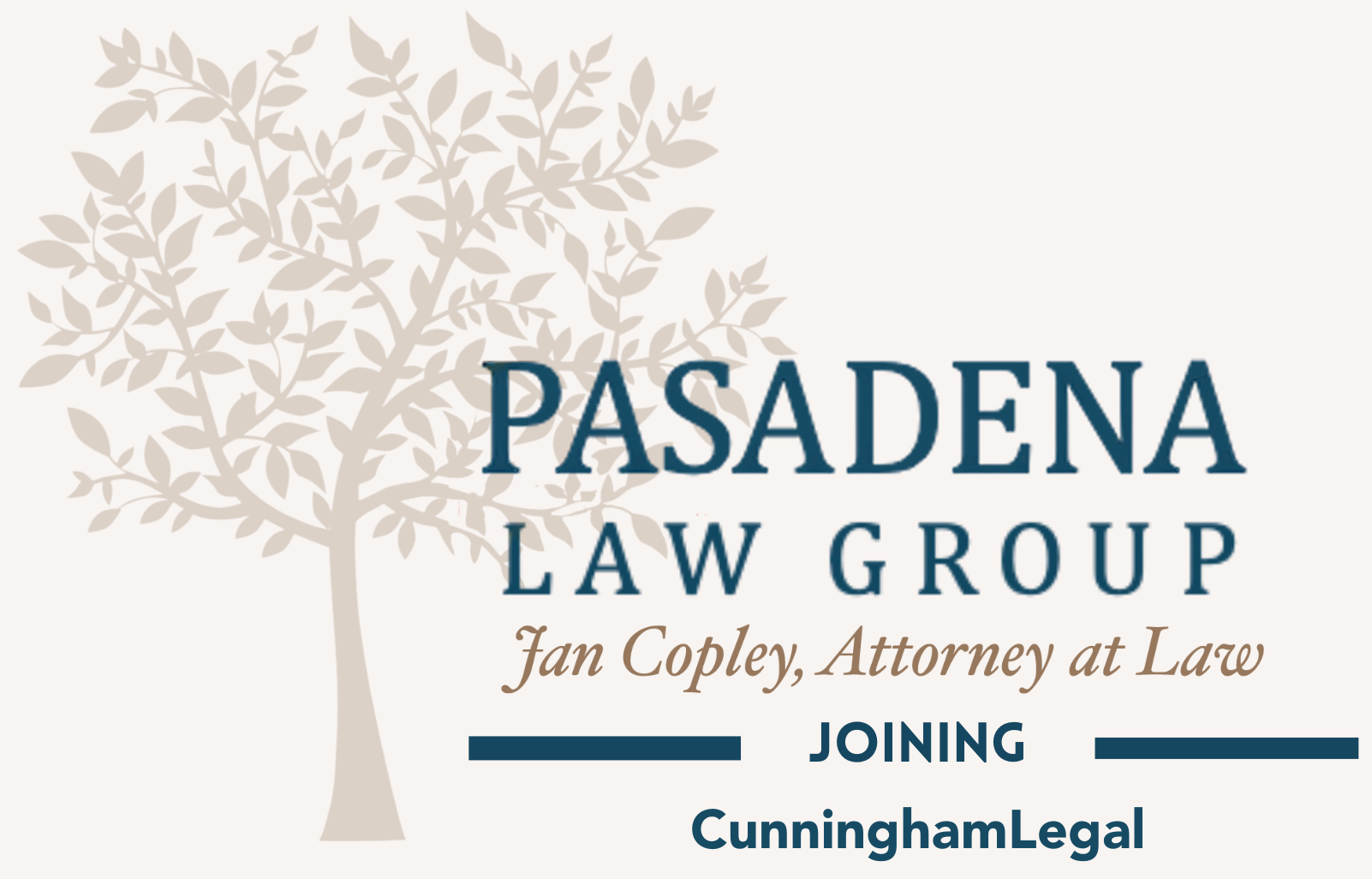The federal estate tax is no longer the major concern for most wealthy people when it comes to saving on taxes so they can leave the most money for their heirs.
It used to be. Back in 2004, for example, the tax on people who died owning assets worth over $1.5 million approached 50 percent. Married couples had to set up trusts to get their full $3 million exemption.
There was also uncertainty as the rate would bounce around from one year to the next.
But last year, Congress set the top estate and gift tax rate at 40 percent and raised the exemption to $5 million per person, adjusted for inflation. It now stands at $5.34 million. And married couples no longer need trusts to get their full exemption.
A story in the Wall Street Journal, however, says the new rules offer many tax saving opportunities that many people remain unaware of and that contradict old rules.
In the past, avoiding the estate tax often meant forgoing efforts to minimize long-term capital gains taxes, which had a much-lower top rate of 15 percent, the story says.
Now, many people who won’t owe estate taxes can reap substantial tax savings on capital gains by choosing carefully which assets to hold until death, the article says.
The strategy is especially useful now that the top federal rate on long term gains is 24 percent.
The new high exemption is also prompting changes in gift strategies and trusts, the story adds.
The bottom line, the story says, is that people should review their estate plans to look for more tax savings.
If you have questions about estate planning, feel free to call us for a consultation at (626) 696-3145.










